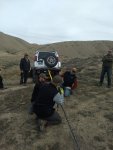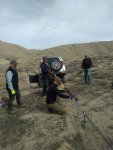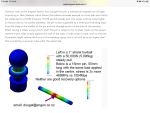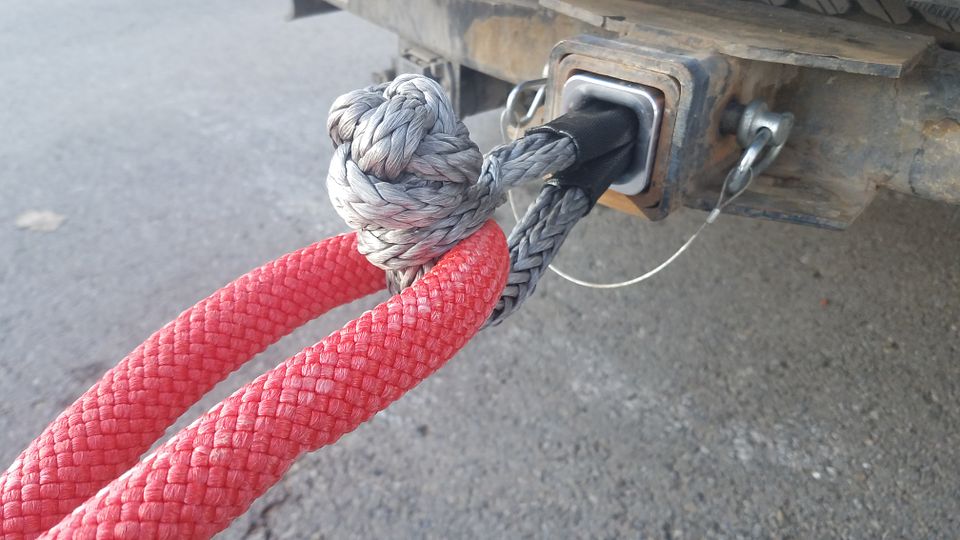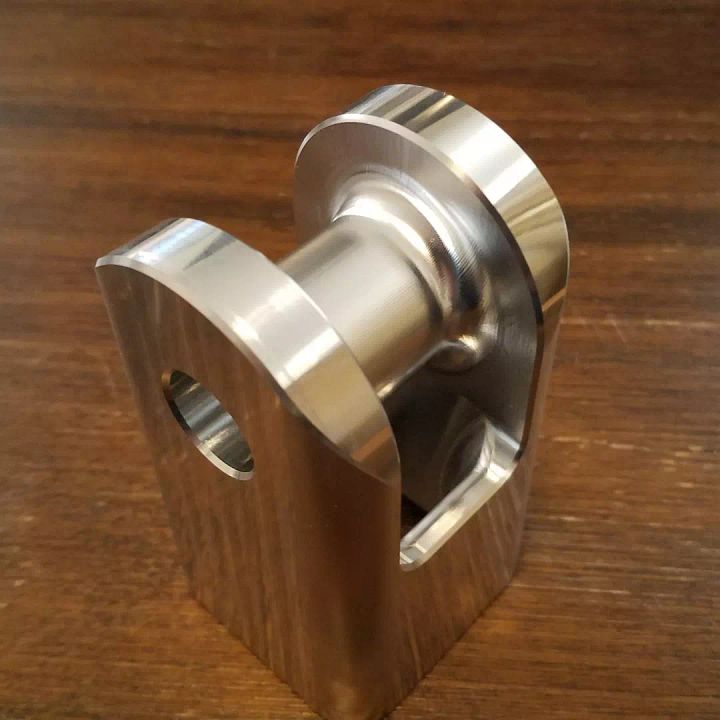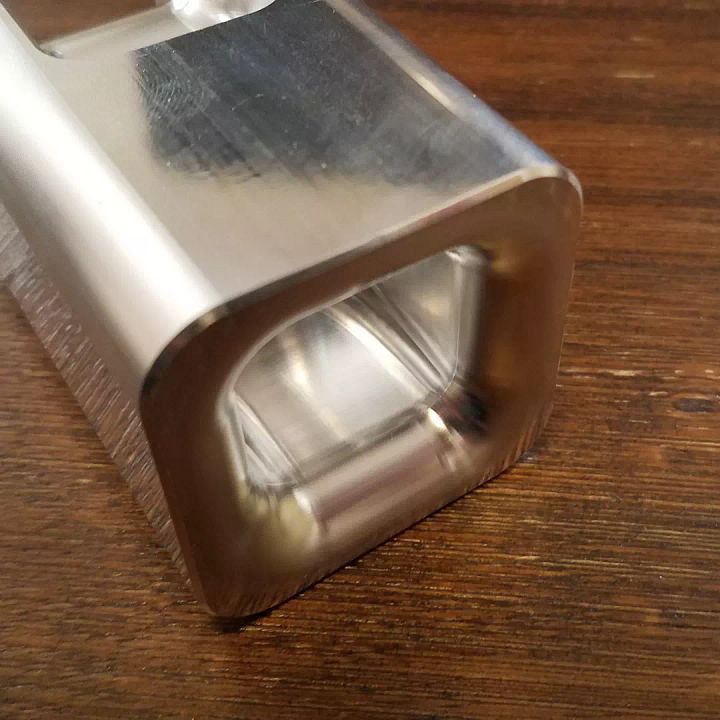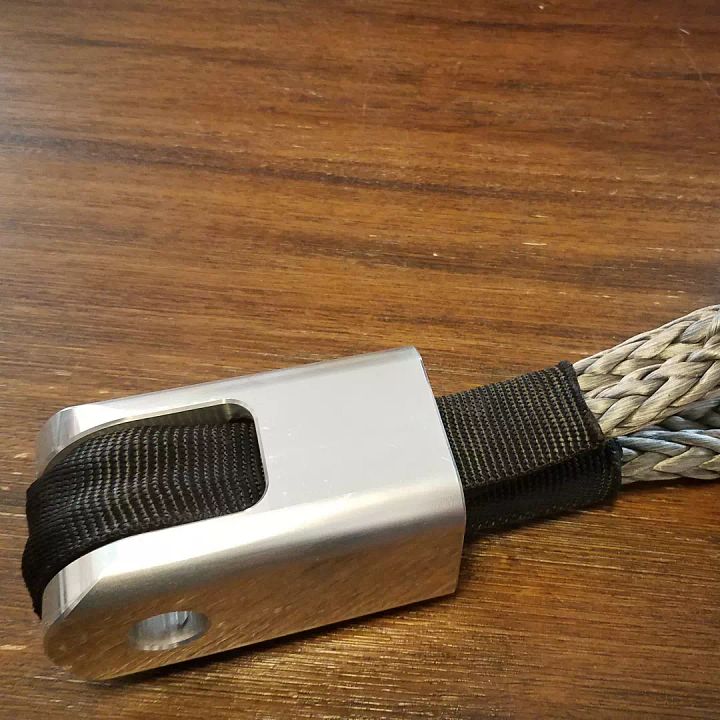I have a Reese shackle mount in my truck receiver. I also considered Curt, among others, but the Reese was cheaper at that time. Neither has a fancy off-road branding markup. Both companies make solid towing equipment, and the shackle mount is a solid piece of steel. Mine takes a 7/8" shackle and came with an unbranded Chinese 6.5T shackle with the WLL cast into it. I figure it's sufficient for recovery, but I bought a US made Campbell 7/8" shackle and put the Chinese one in my wife's Subaru (which also takes a 7/8" shackle in its recovery point) because it's a couple thousand pounds lighter than my truck.
Unless you just enjoy analyzing things, don't overthink it. Buy one that's a solid piece of steel and add a quality shackle. There are a lot of good, name-brand shackles that are rated for lifting which are more than sufficient for recovery and don't cost a fortune. I've had good luck finding deals on new Van Beest, Campbell, CMP Titan, & Chicago 3/4" & 7/8" shackles in the $15-$20 range.



